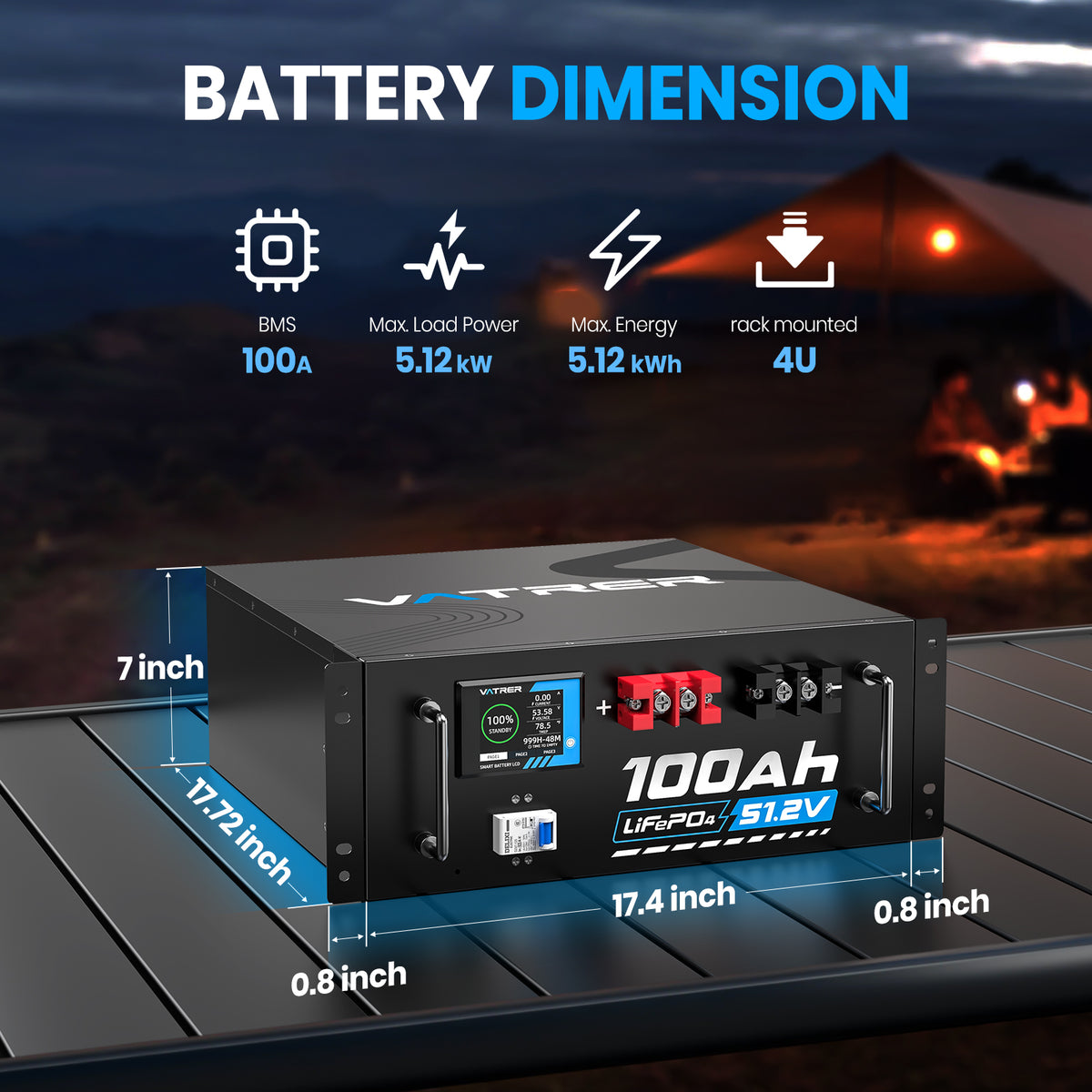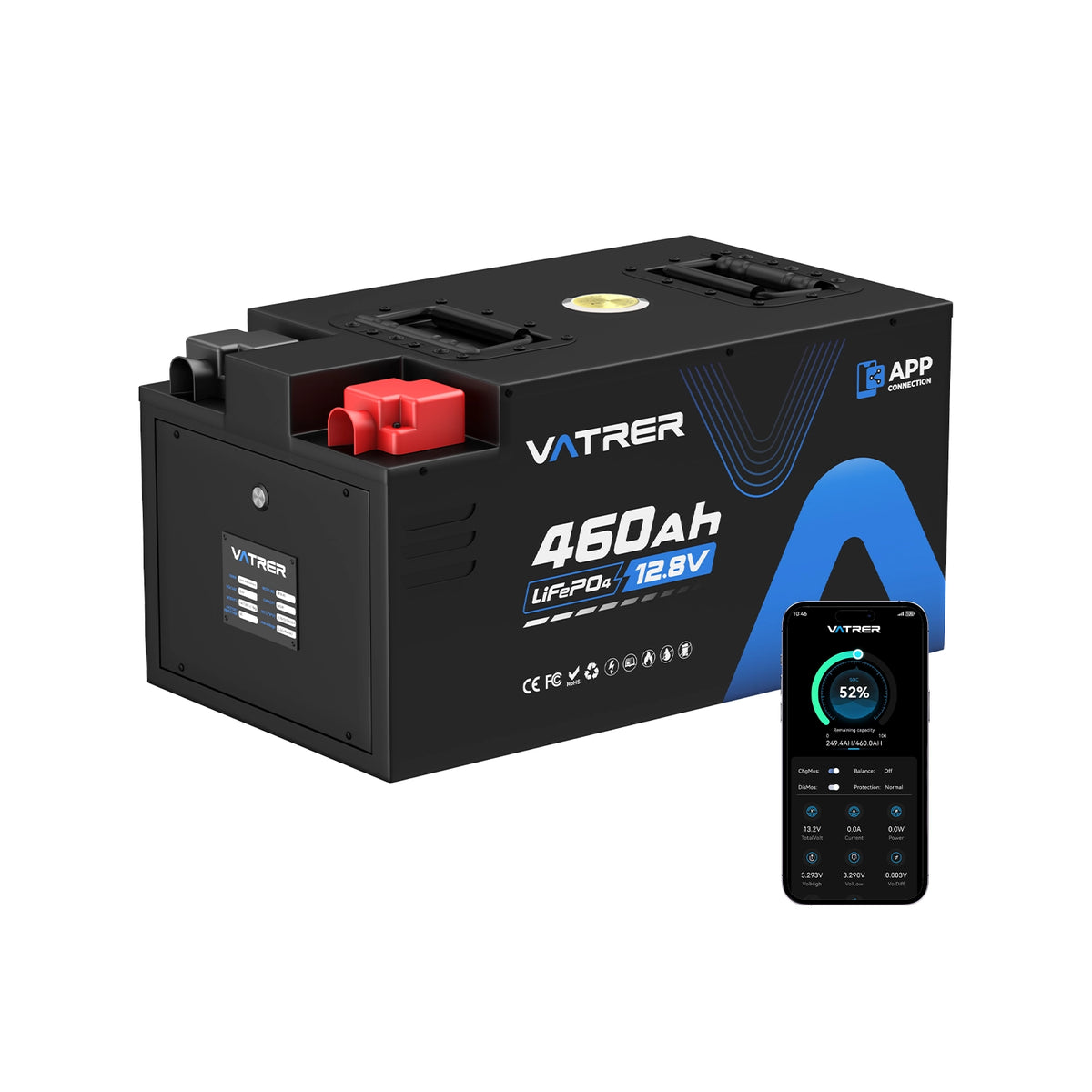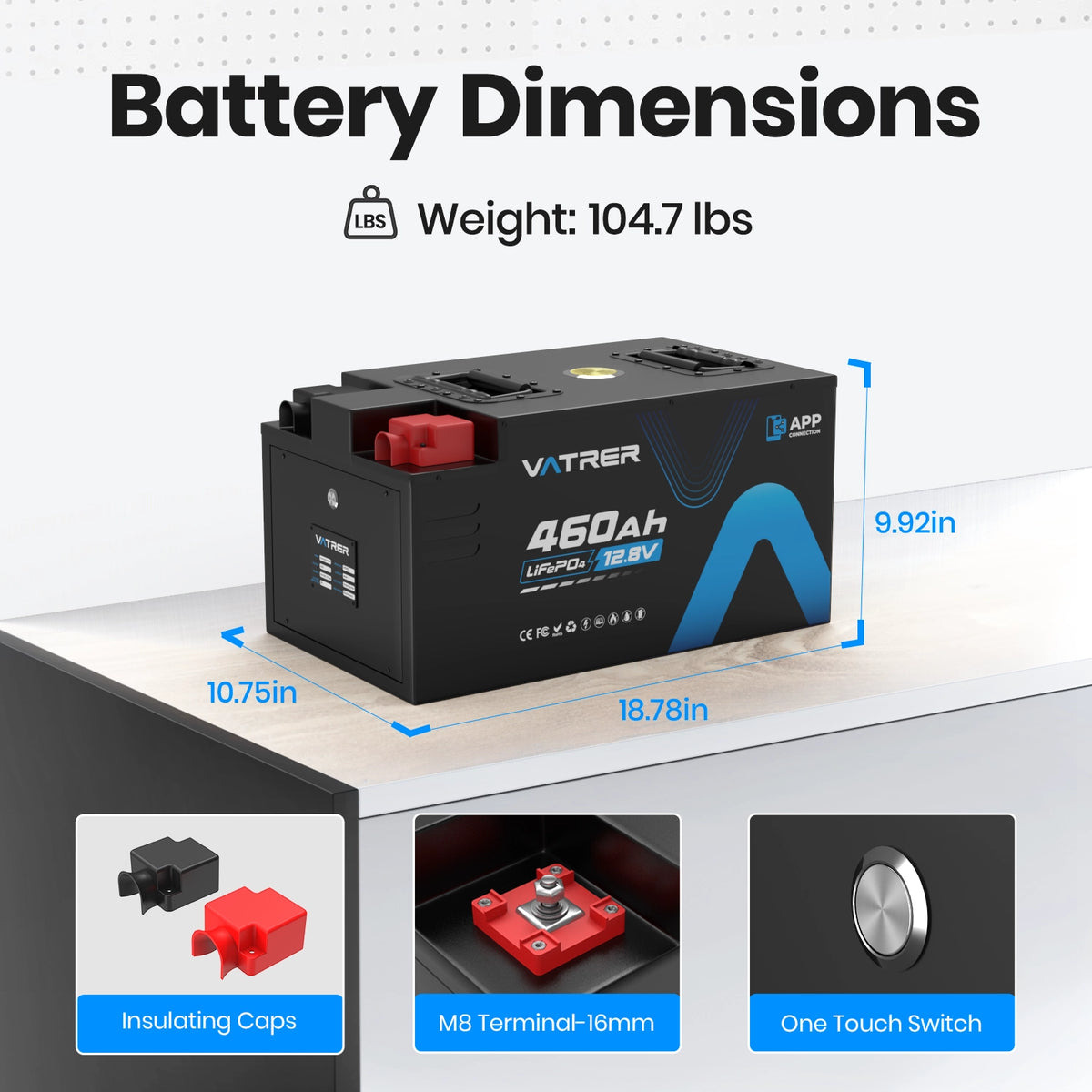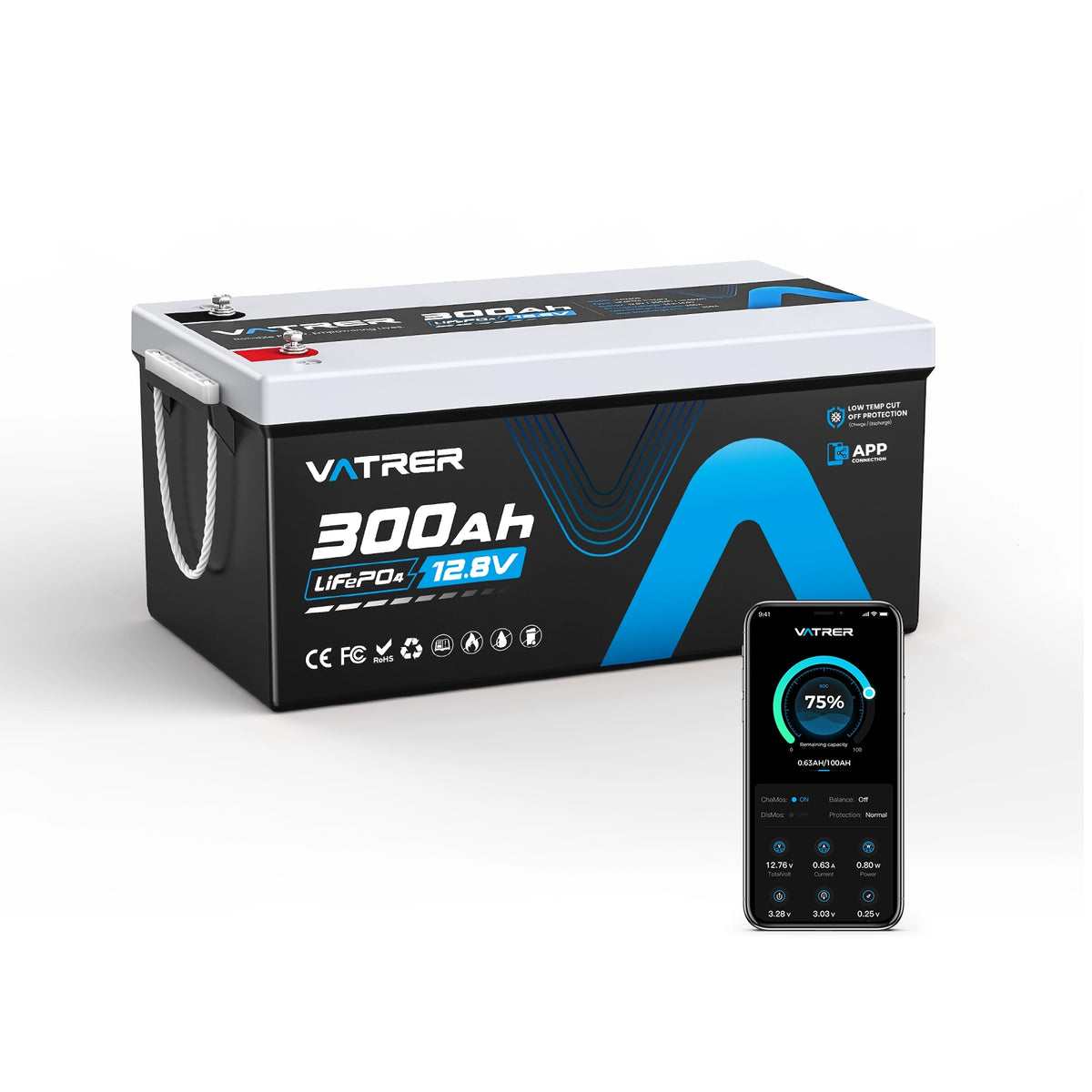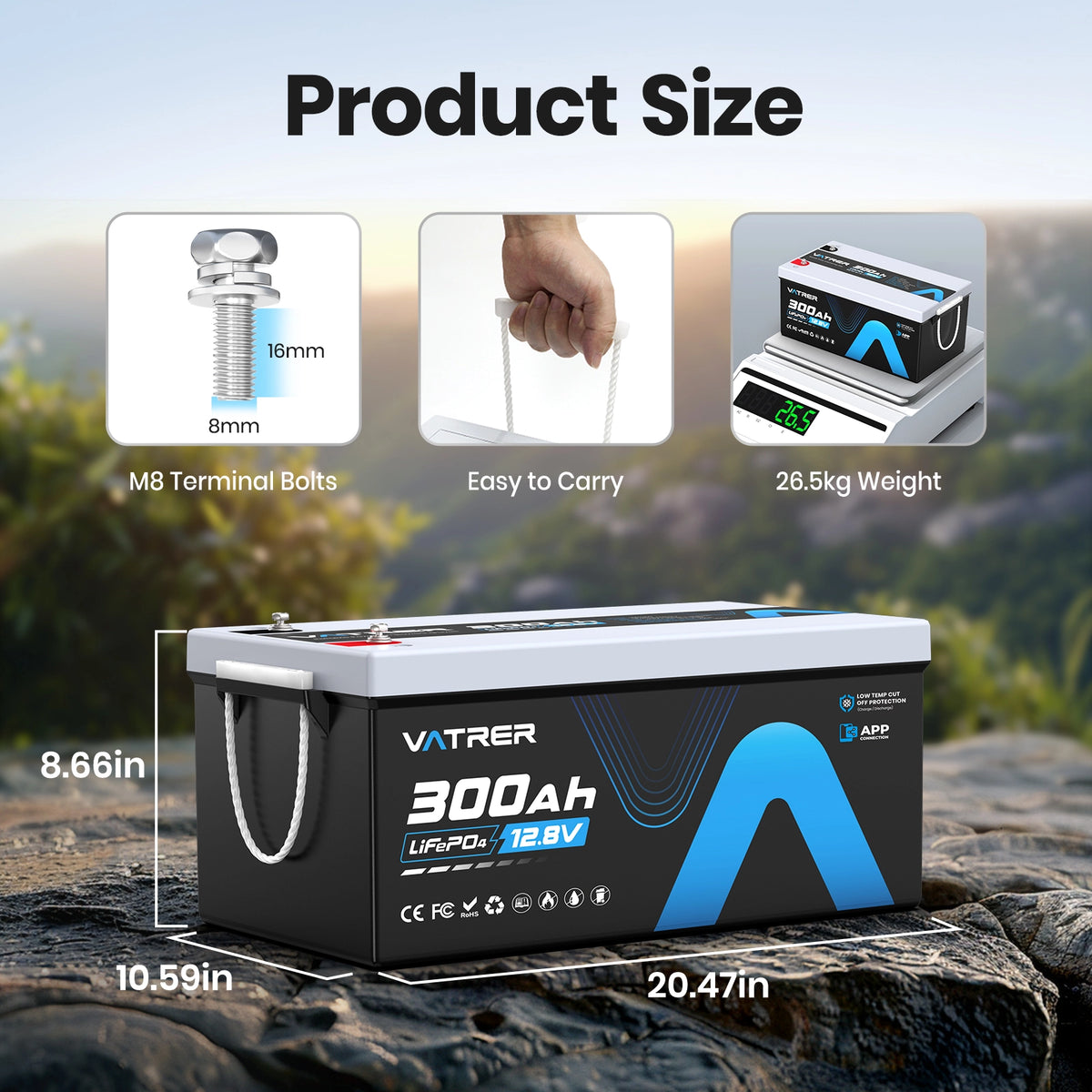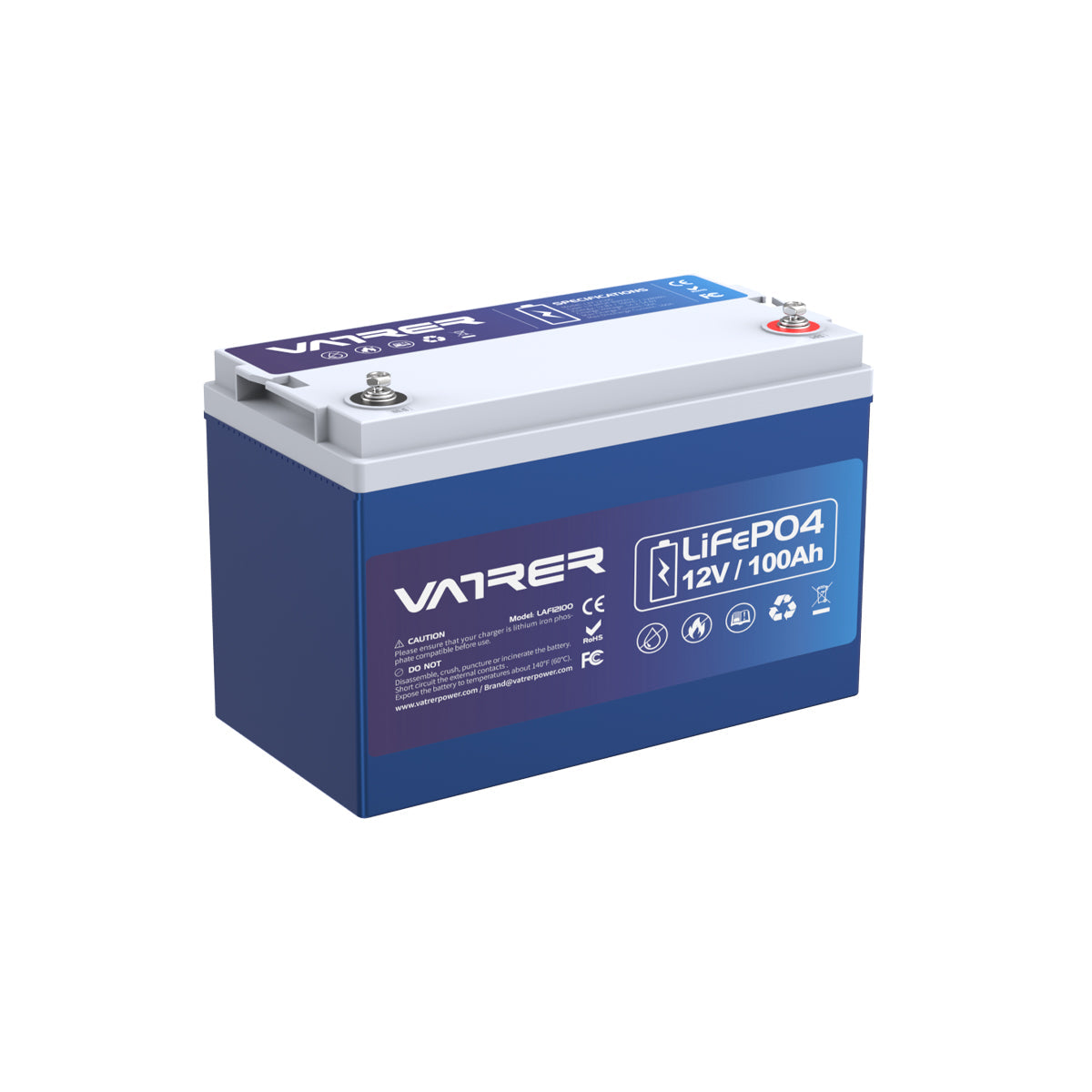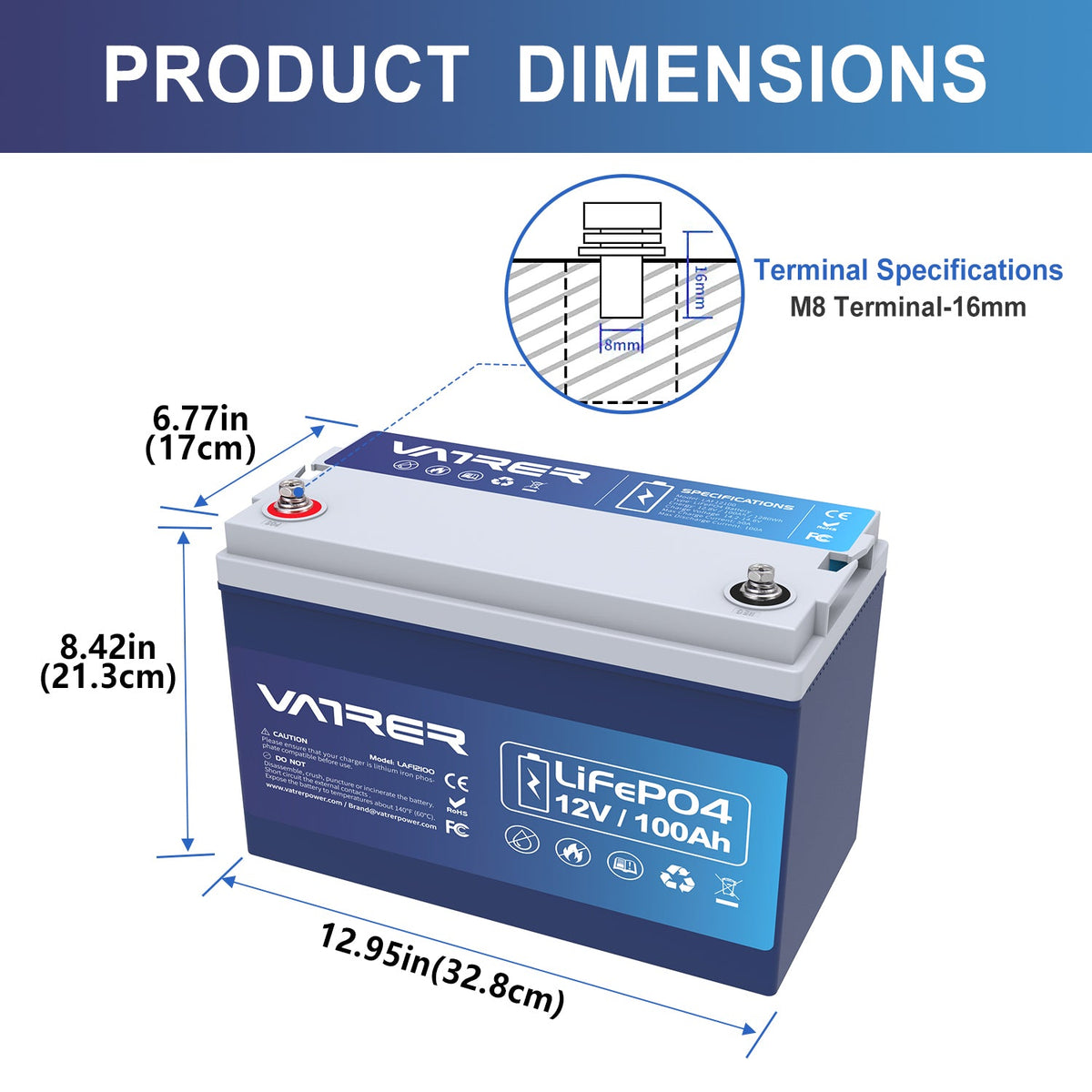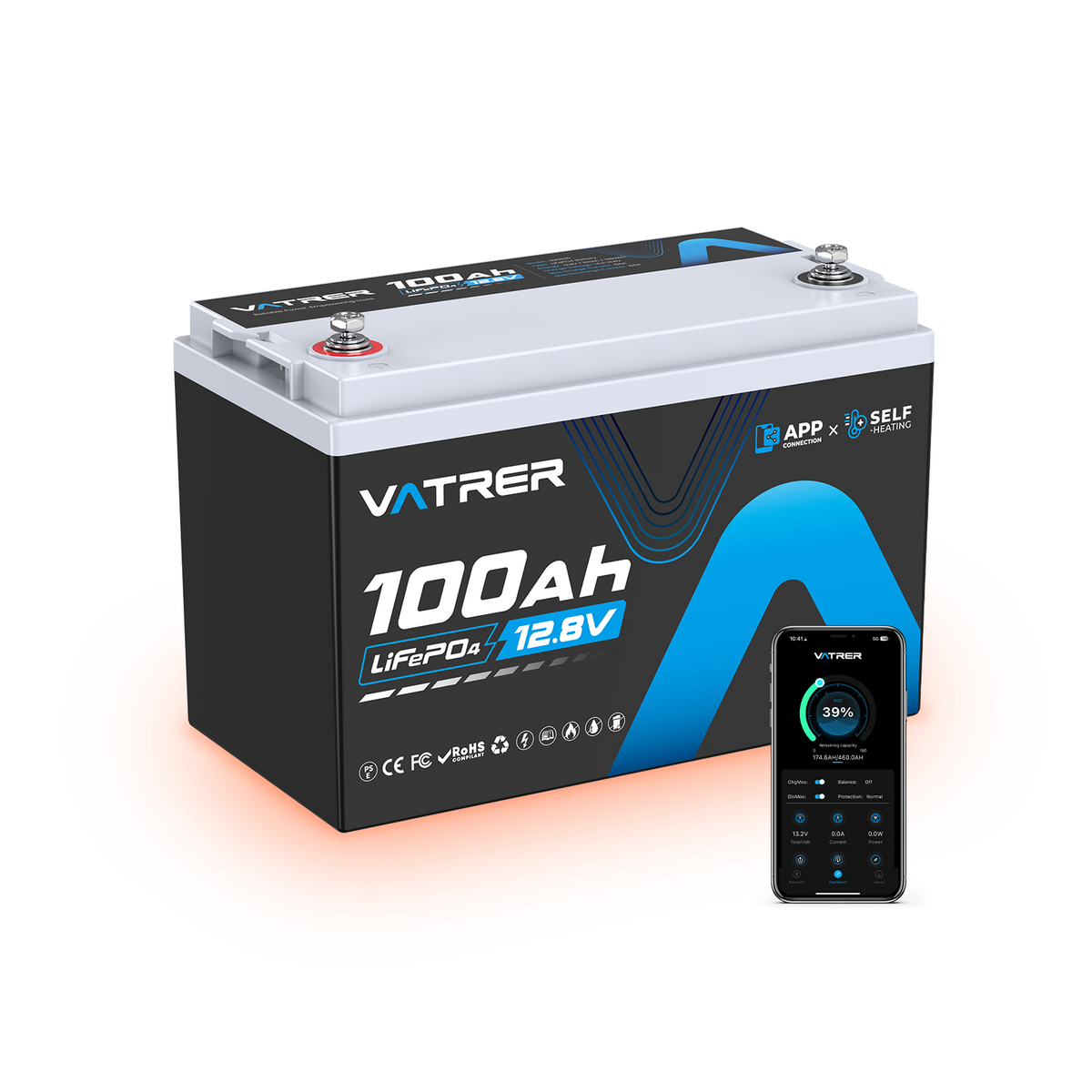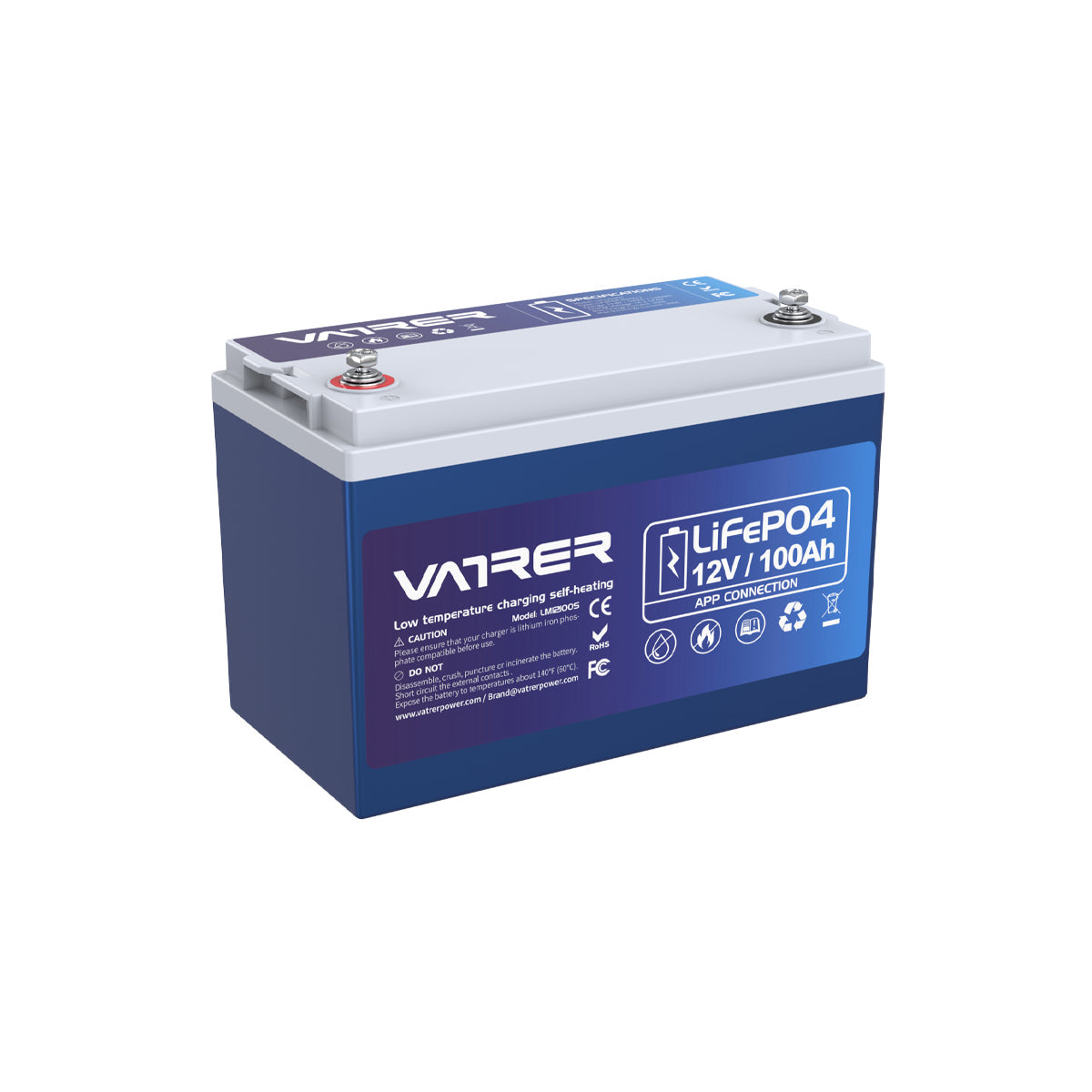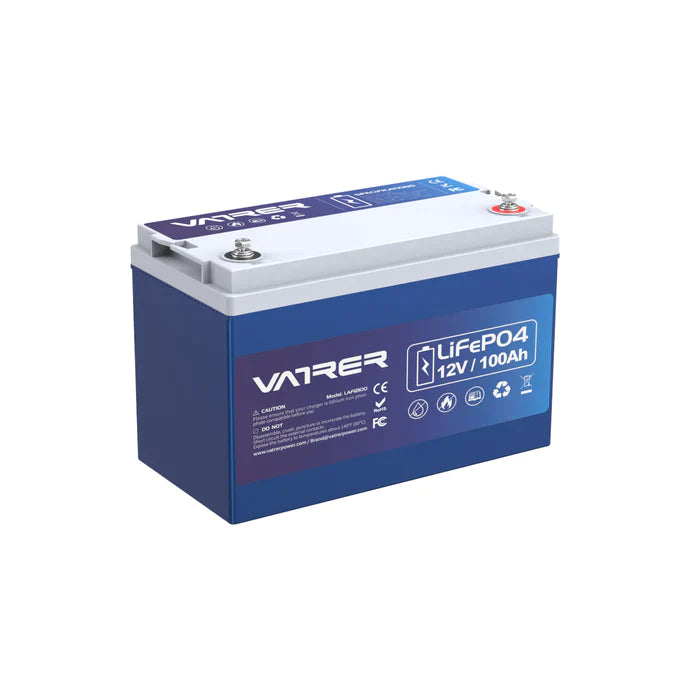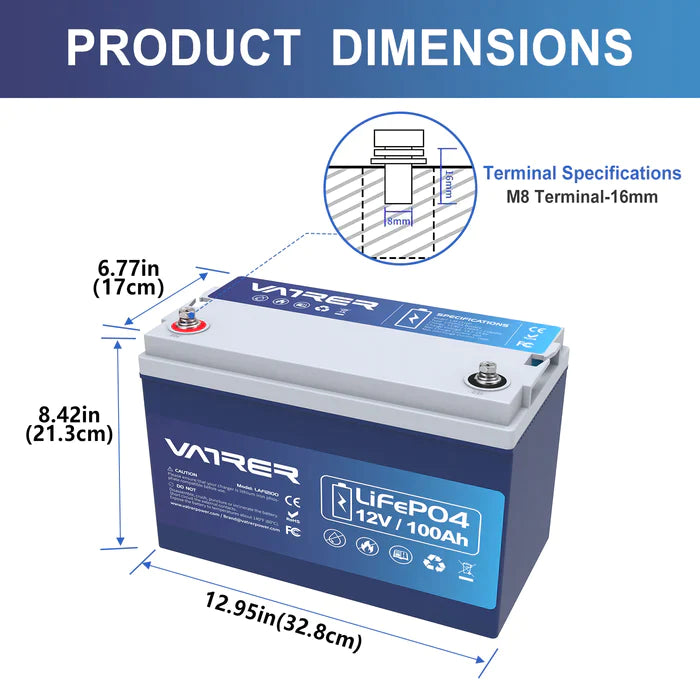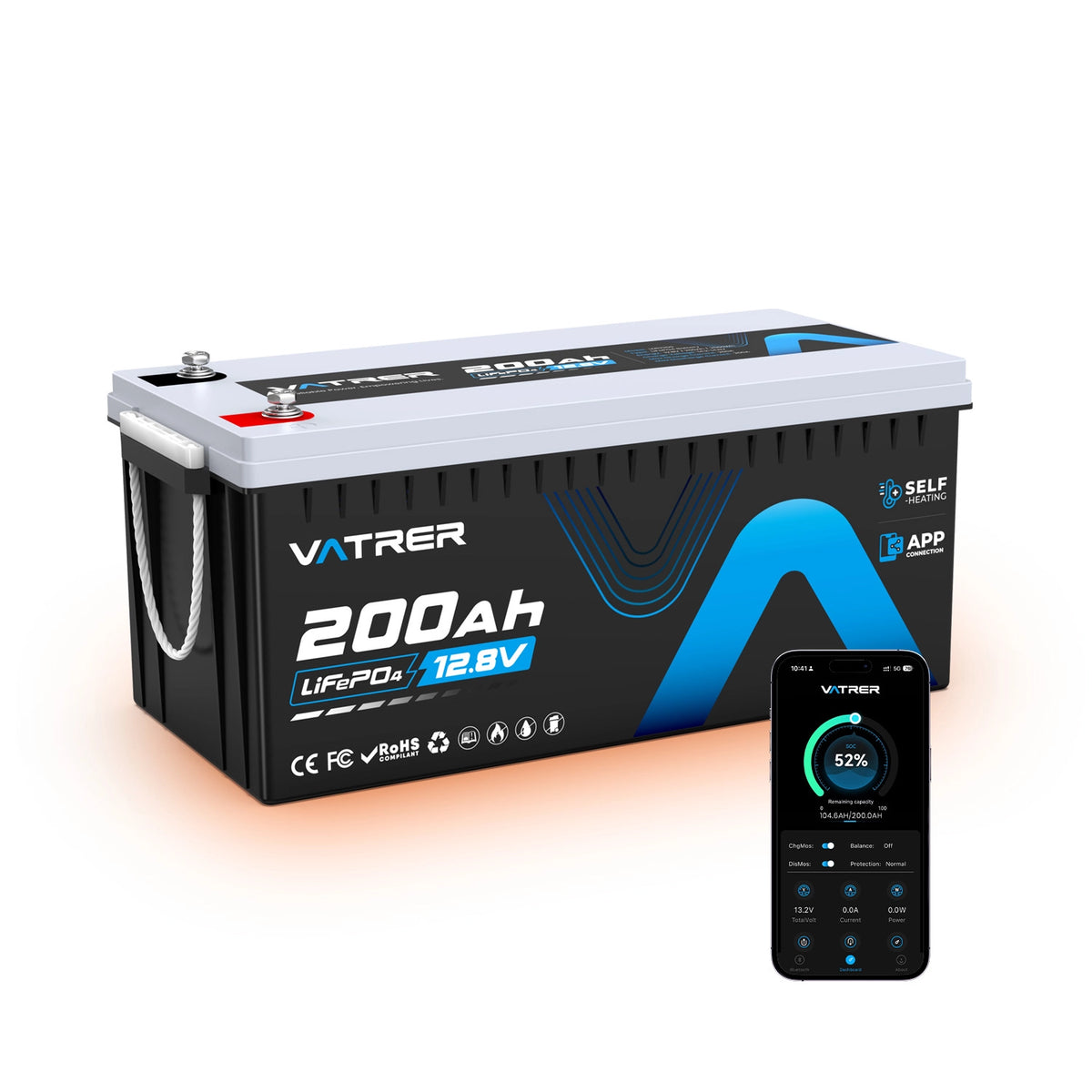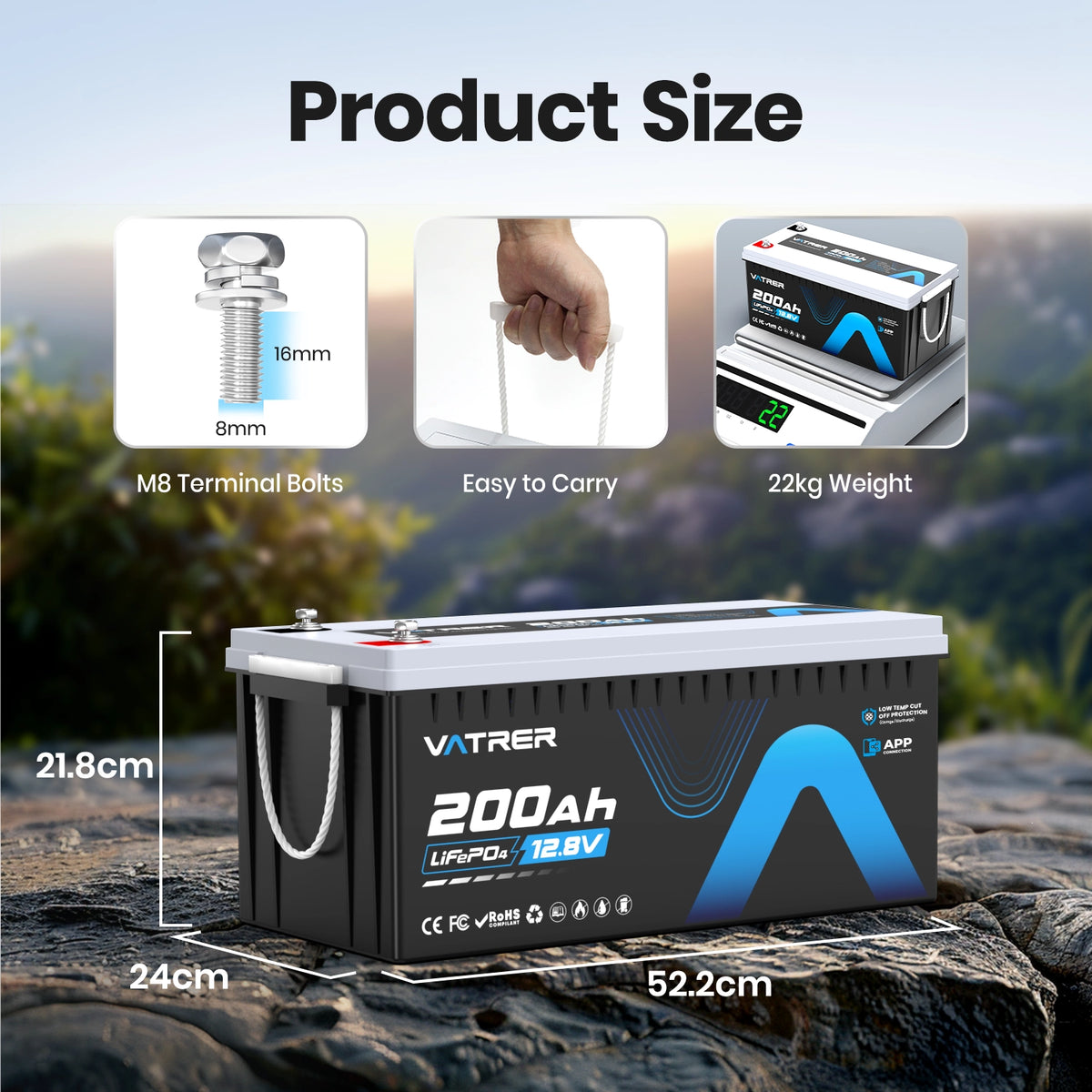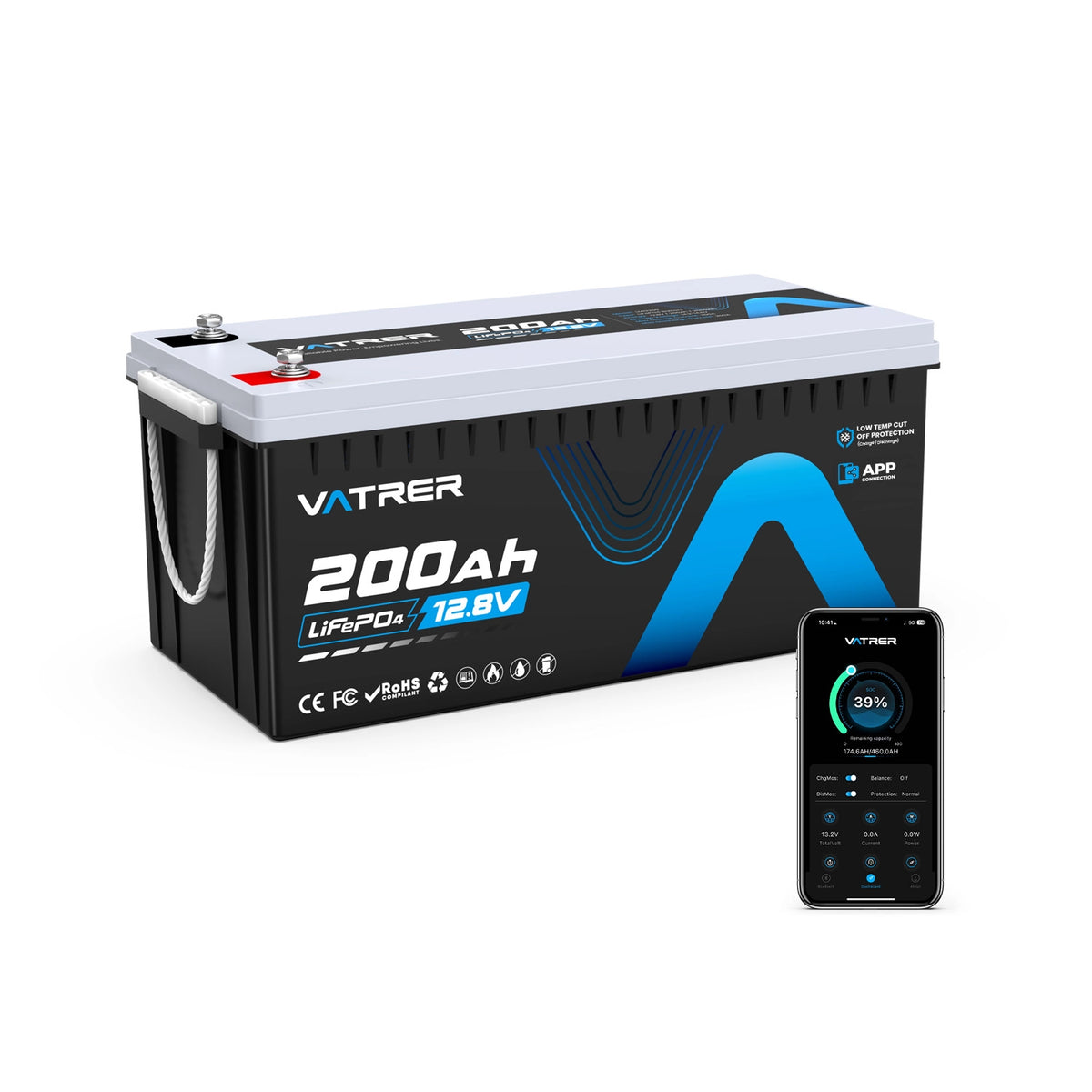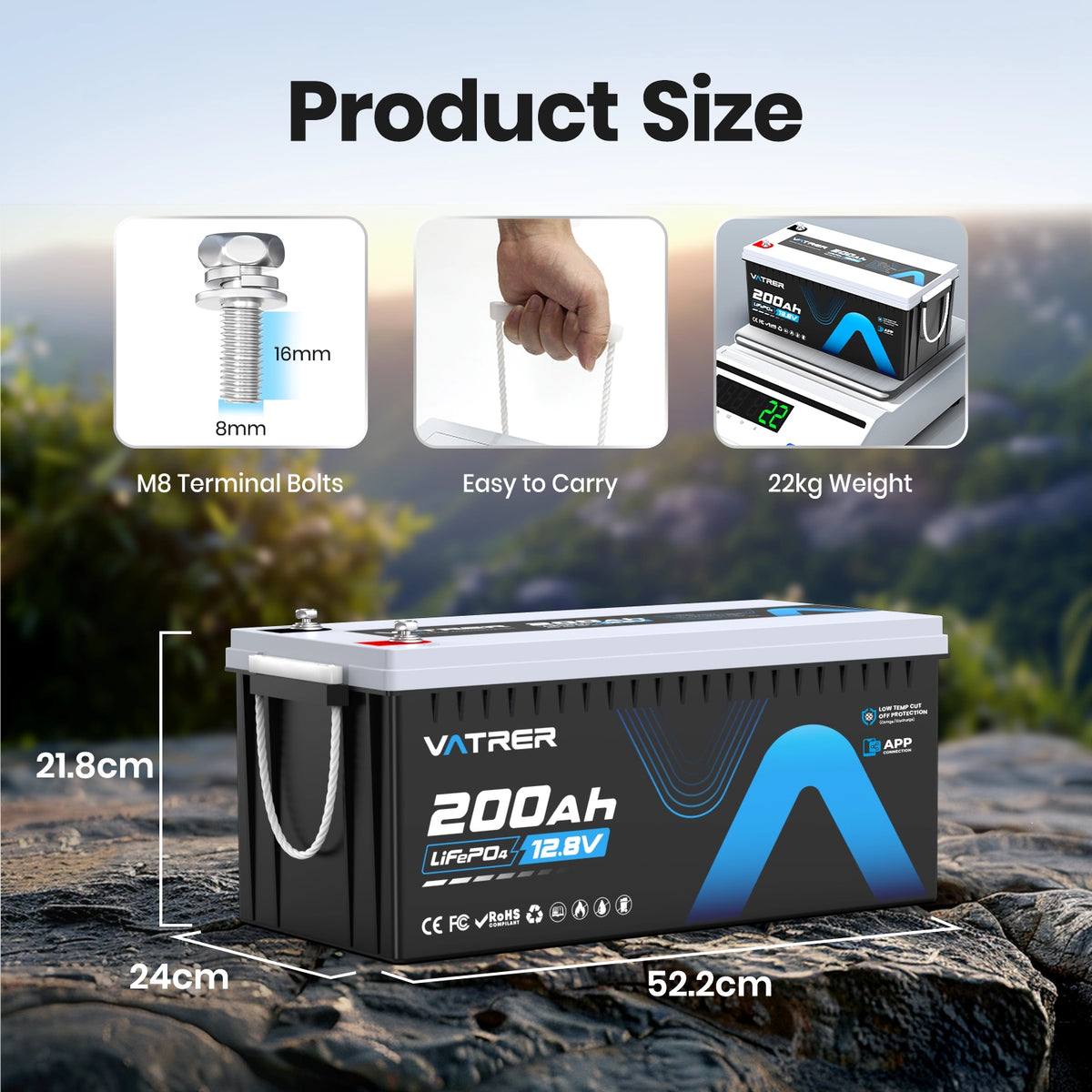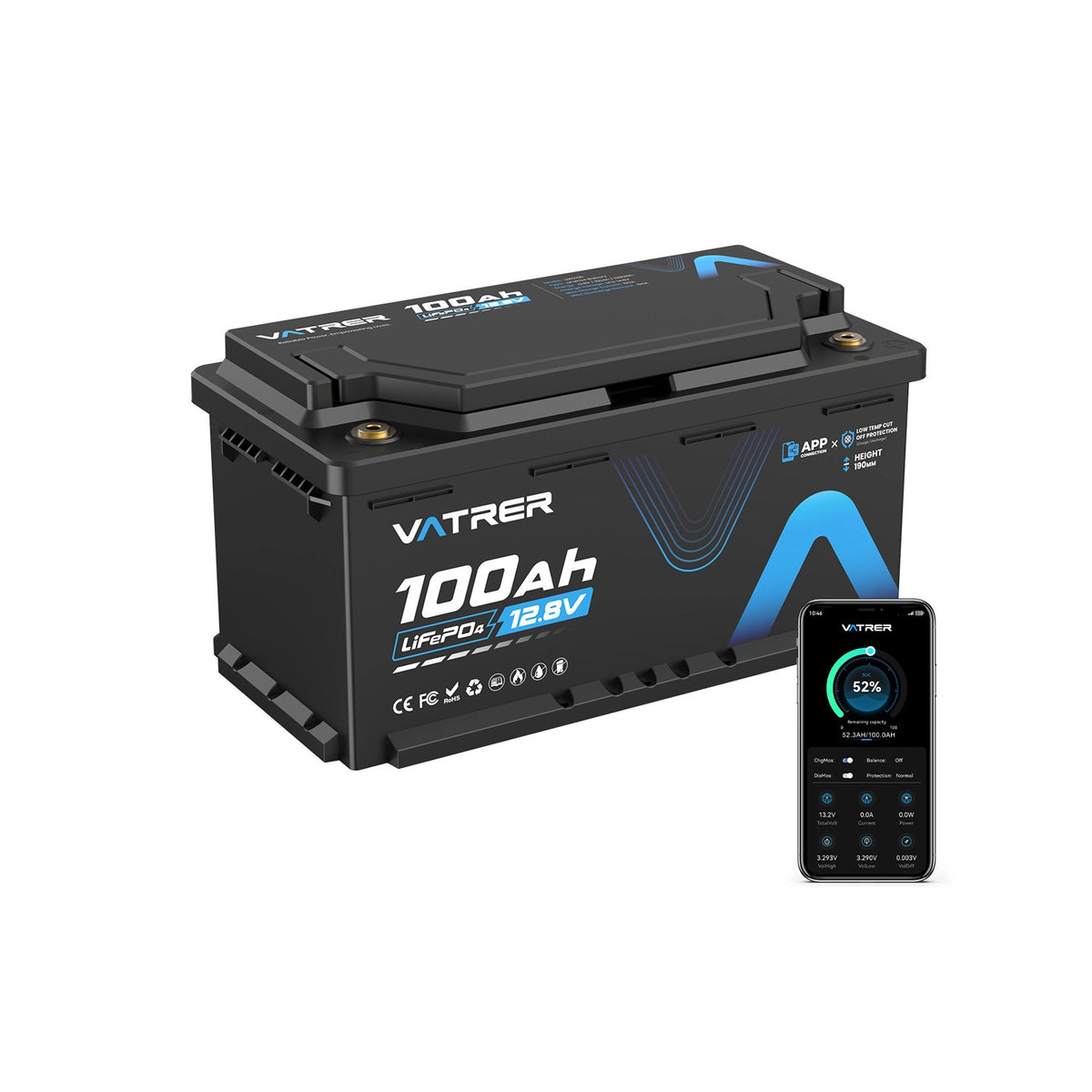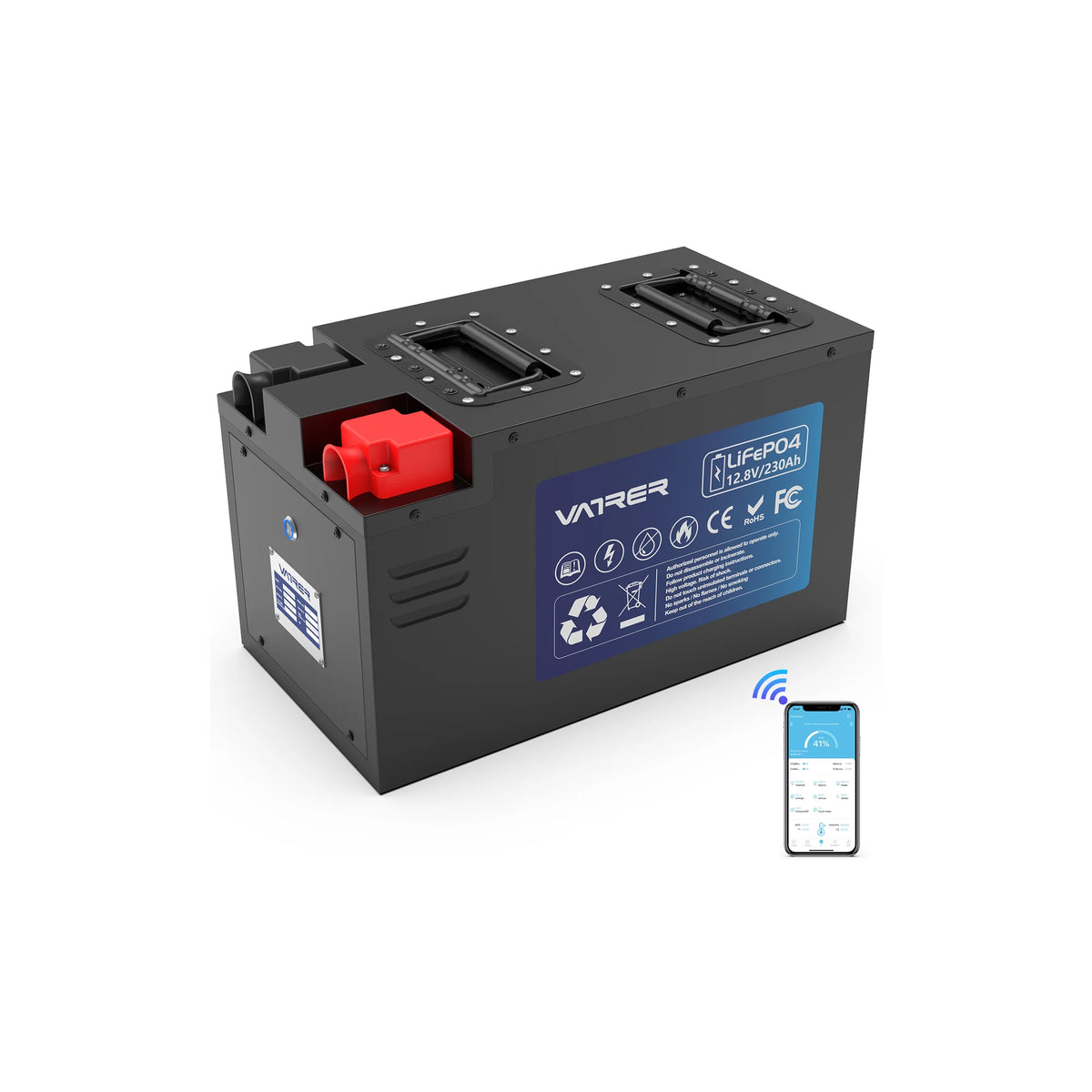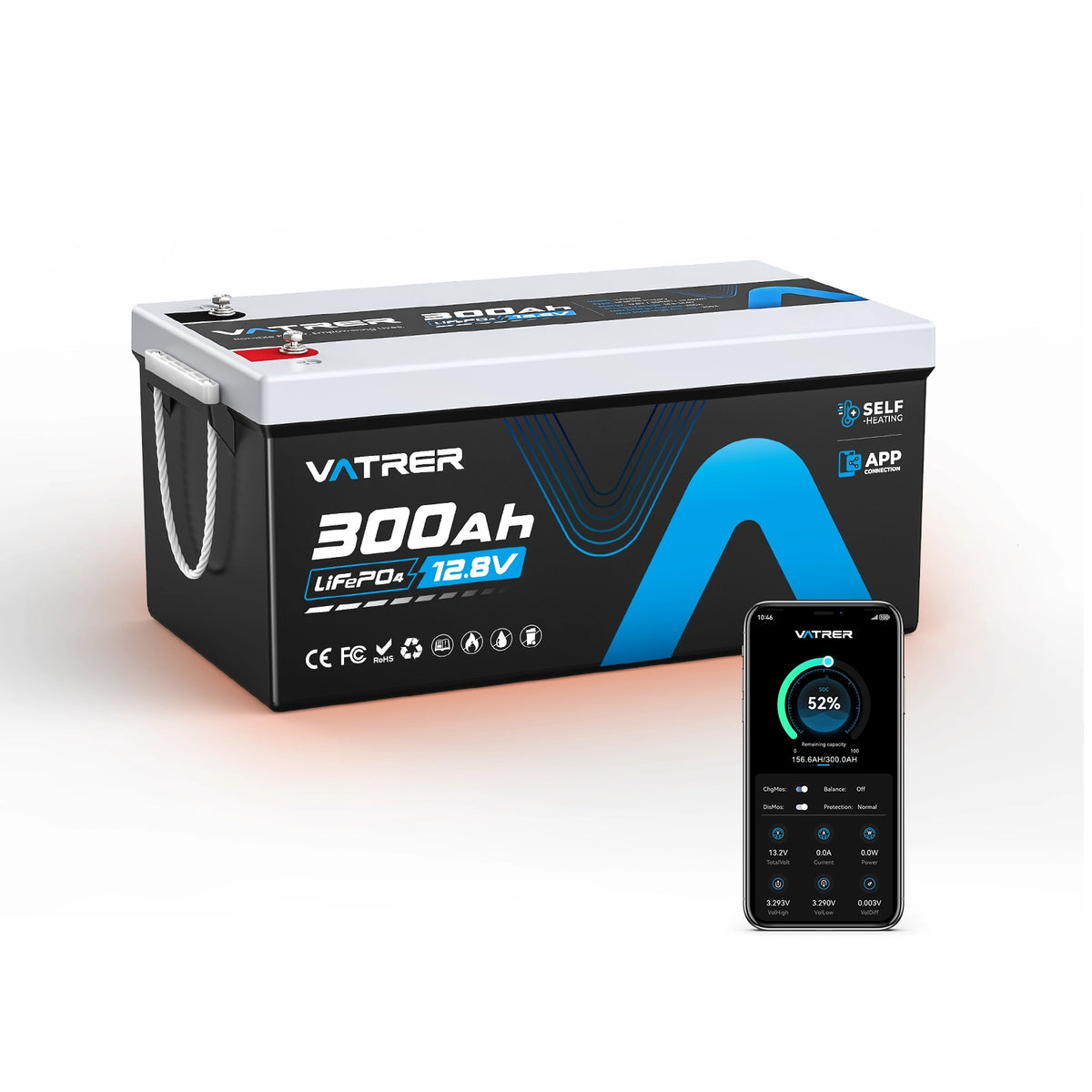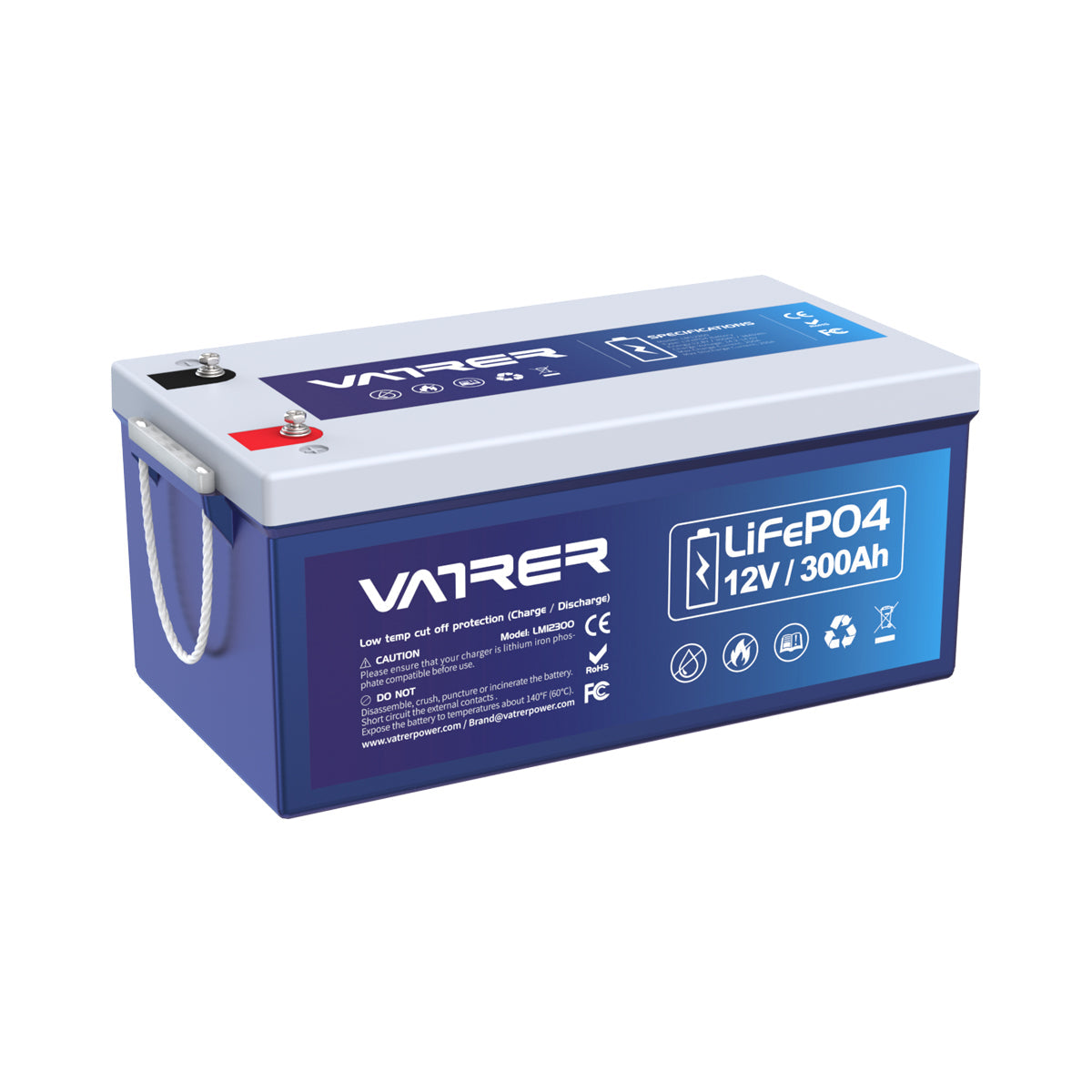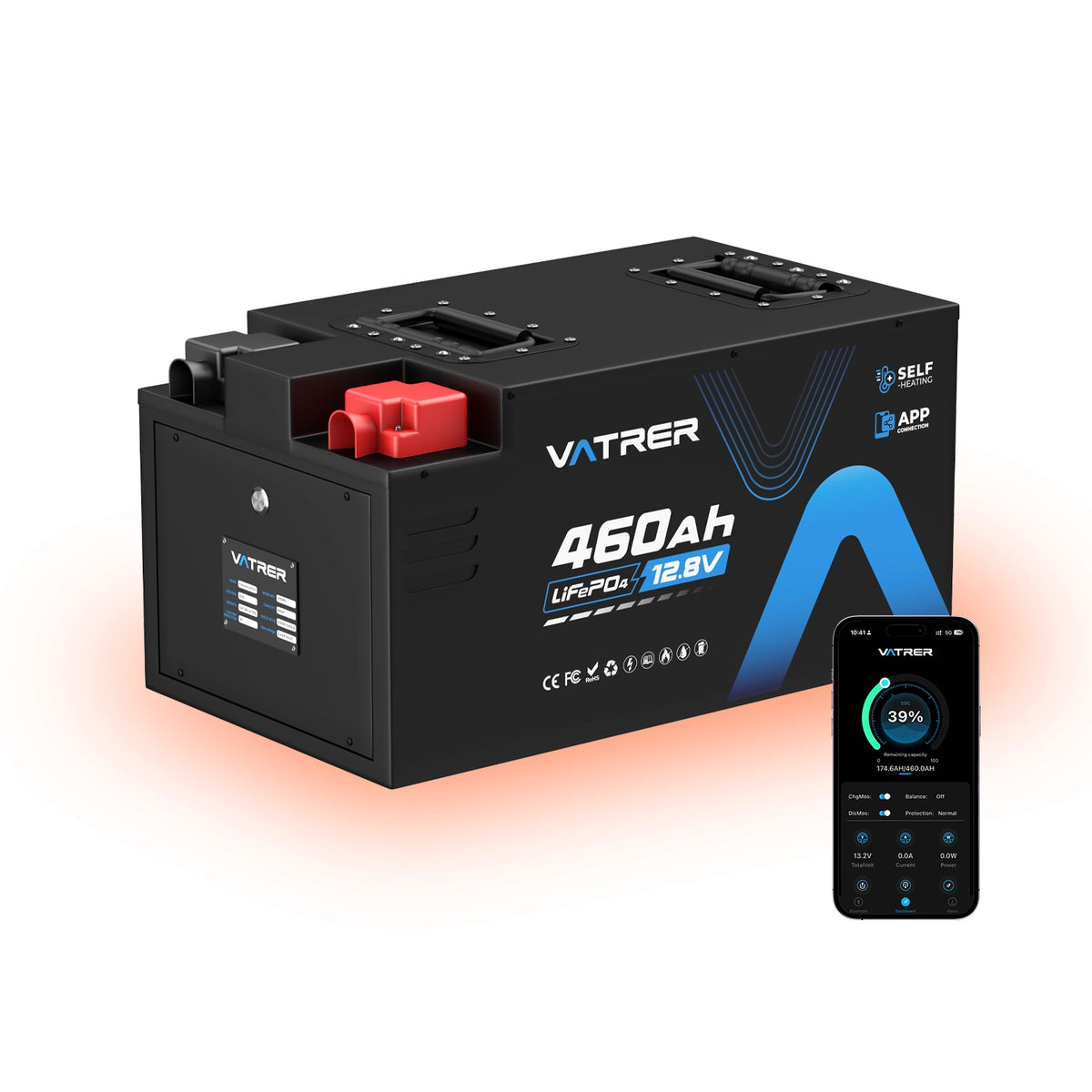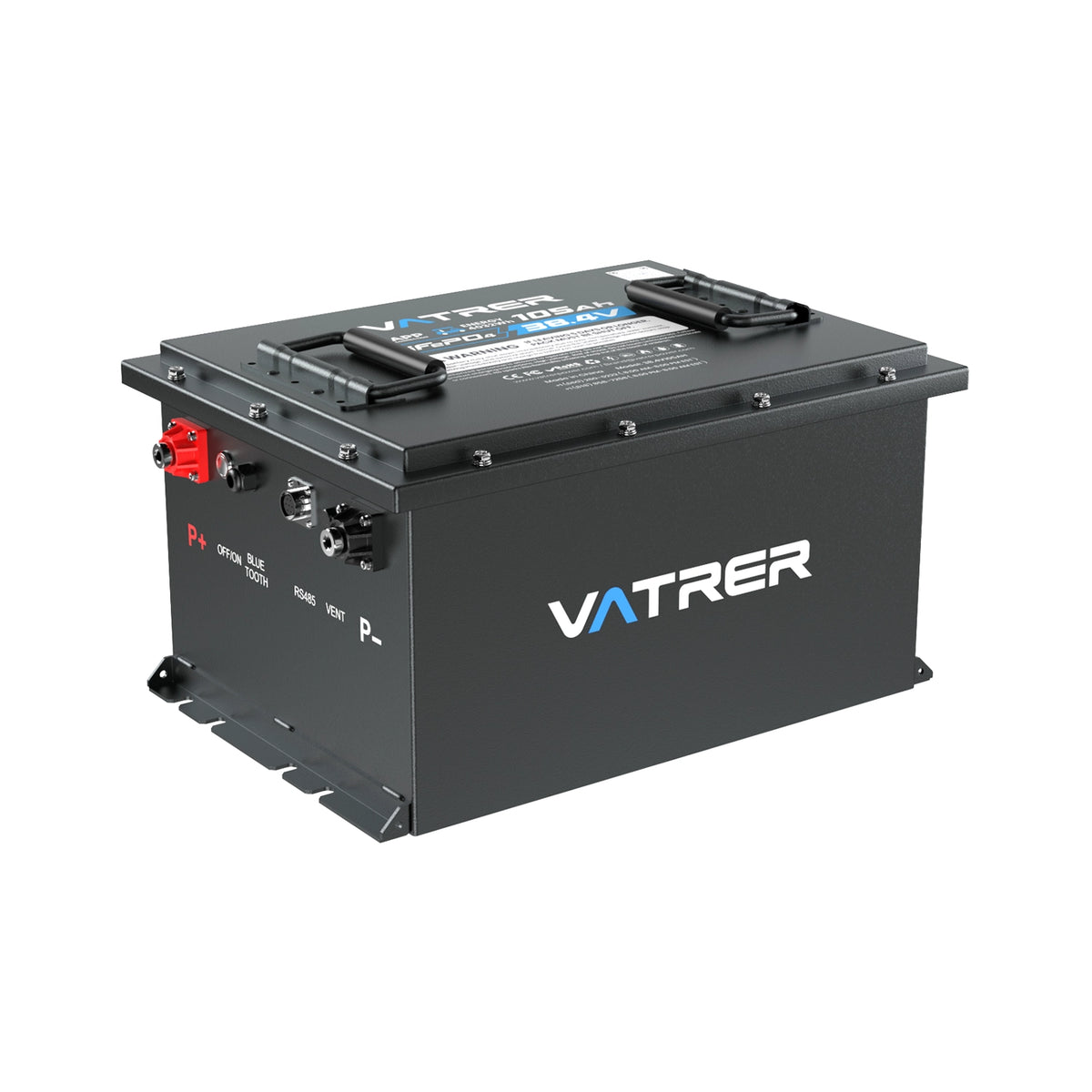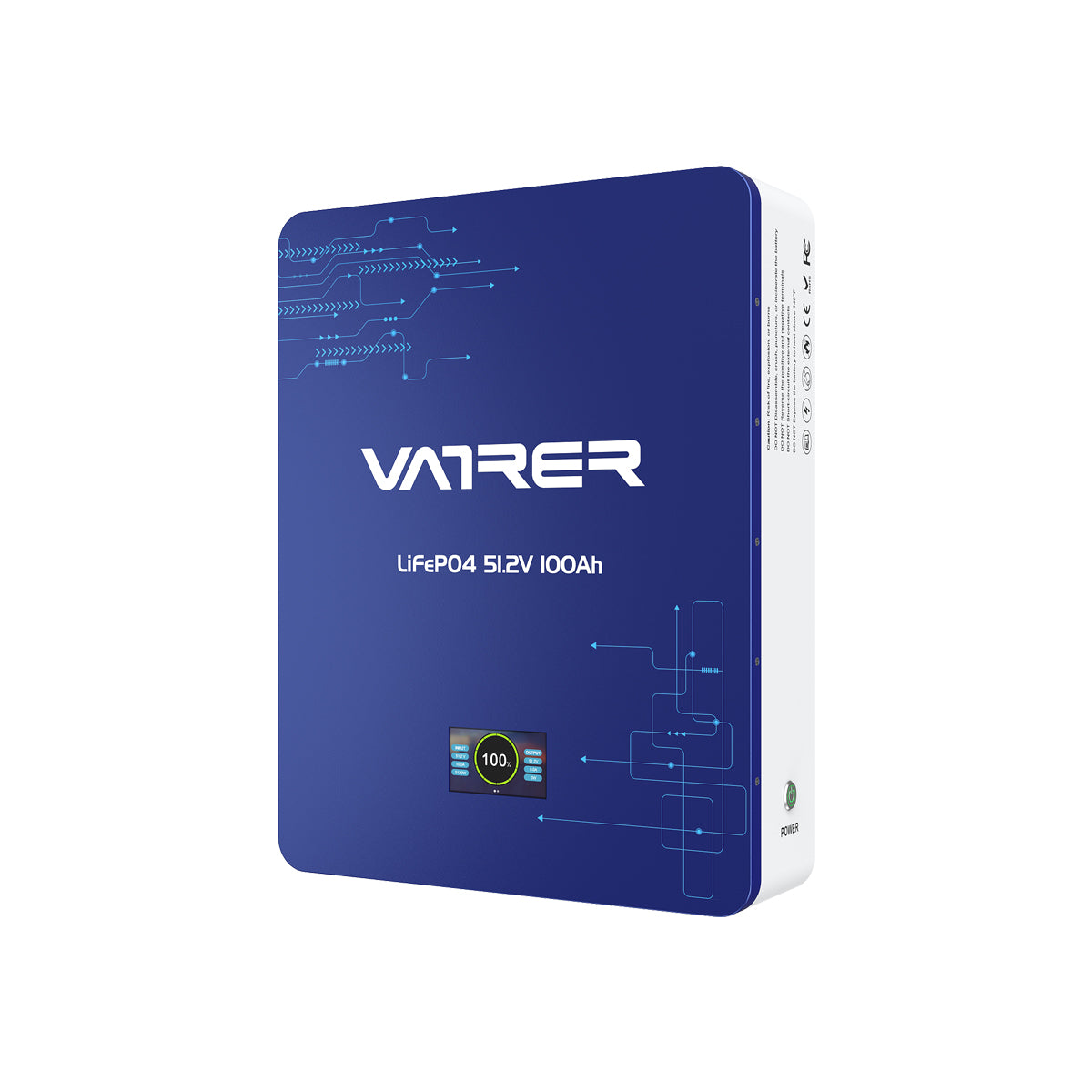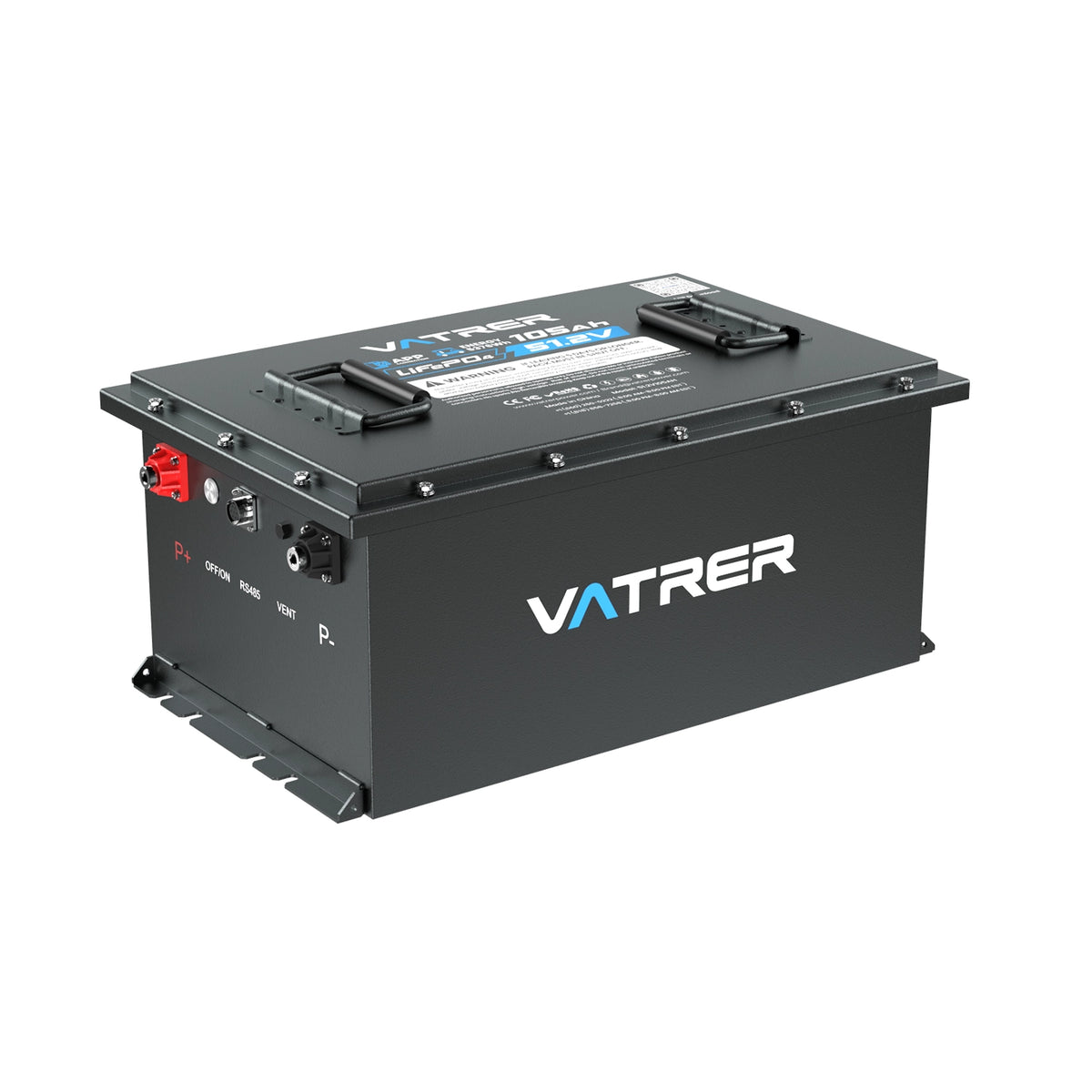Choosing the right battery for your electric scooter is crucial for ensuring optimal performance, longevity, and safety. With various types of batteries available on the market, it can be challenging to determine which one is best suited for your needs. In this blog post, we'll explore the different types of batteries commonly used in electric scooters, compare their advantages and disadvantages, and help you make an informed decision.

Types of Batteries for Electric Scooters
-
Lead-Acid Batteries
-
Nickel-Metal Hydride (NiMH) Batteries
-
Lithium-Ion Batteries
Lead-Acid Batteries
Overview:
Lead-acid batteries are one of the oldest types of rechargeable batteries and have been widely used in various applications, including electric scooters.
Advantages:
-
Cost-Effective: Lead-acid batteries are generally less expensive than other types.
-
Availability: These batteries are widely available and come in various sizes and capacities.
-
Recyclable: Lead-acid batteries are highly recyclable, making them an environmentally friendly option.
Disadvantages:
-
Weight: They are significantly heavier than other types of batteries, which can affect the scooter's performance and portability.
-
Shorter Lifespan: Lead-acid batteries have a shorter lifespan and require more frequent replacements.
-
Maintenance: They require regular maintenance, including checking and topping up the electrolyte levels.
Nickel-Metal Hydride (NiMH) Batteries
Overview:
NiMH batteries are an improvement over older nickel-cadmium (NiCd) batteries, offering better performance and environmental benefits.
Advantages:
-
Higher Energy Density: NiMH batteries have a higher energy density than lead-acid batteries, providing more power in a smaller package.
-
Less Maintenance: They require less maintenance compared to lead-acid batteries.
-
Environmentally Friendly: NiMH batteries are less toxic and more environmentally friendly than NiCd batteries.
Disadvantages:
-
Cost: They are more expensive than lead-acid batteries.
-
Memory Effect: NiMH batteries can suffer from a memory effect if not properly discharged and recharged.
-
Weight: While lighter than lead-acid batteries, they are still heavier than lithium-ion batteries.
Lithium-Ion Batteries
Overview:
Lithium-ion (Li-ion) batteries are the most modern and advanced type of rechargeable batteries, frequently used in electric scooters.
Advantages:
-
High Energy Density: Li-ion batteries offer the highest energy density, meaning they can store more power in a smaller and lighter package.
-
Longer Lifespan: They have a longer lifespan compared to lead-acid and NiMH batteries, reducing the need for frequent replacements.
-
Fast Charging: Li-ion batteries can be charged more quickly than other types, minimizing downtime.
-
Low Maintenance: These batteries require minimal maintenance and do not suffer from memory effect.
Disadvantages:
-
Cost: Lithium-ion batteries are the most expensive option.
-
Safety Concerns: They can be sensitive to extreme temperatures and physical damage, which can lead to safety issues if not properly managed.
Which Battery is Best for Your Scooter?
The best type of battery for your electric scooter depends on several factors, including your budget, usage patterns, and specific needs:
-
For Budget-Conscious Users: If cost is a primary concern, lead-acid batteries can be a good option. They are less expensive upfront but may require more frequent replacements and maintenance.
-
For Moderate Users: NiMH batteries offer a good balance between cost and performance. They provide better energy density and require less maintenance than lead-acid batteries.
-
For High-Performance Needs: If you prioritize performance, longevity, and low maintenance, lithium-ion batteries are the best choice. They may be more expensive initially, but their long lifespan and superior energy density make them a worthwhile investment.
Here are some informative resources that can help explain the different types of batteries best suited for electric scooters, their advantages, and disadvantages:
-
How to Choose the Right Battery for Your Electric Scooter
- This article provides a comprehensive overview of the different types of batteries used in electric scooters, including lithium-ion and lead-acid batteries.
- Read it here
-
What's Better for an Electric Scooter: Lead Acid or Lithium-Ion?
- A discussion on the pros and cons of lead-acid versus lithium-ion batteries for electric scooters.
- Read it on Reddit
-
Electric Scooter Battery Guide
- An in-depth guide that covers various battery types, including lithium manganese nickel (INR, NMC) batteries, and their applications in electric scooters.
- Read it here
-
Electric Scooter Batteries: Everything You Need to Know
- This article explains the different types of lithium-ion batteries, such as lithium manganese nickel (INR, NMC), and their benefits for electric scooters.
- Read it here
These resources should offer a clear and comprehensive explanation of the various battery types available for electric scooters, helping you make an informed decision about which battery is best for your needs.
Conclusion
When choosing the best battery for your electric scooter, it's essential to consider the trade-offs between cost, performance, weight, and maintenance requirements. While lithium-ion batteries generally offer the best overall performance, lead-acid and NiMH batteries can be suitable alternatives depending on your specific needs and budget. By understanding the advantages and disadvantages of each battery type, you can make an informed decision that will keep your scooter running smoothly and efficiently for years to come.






